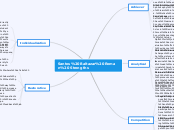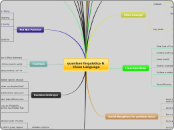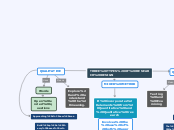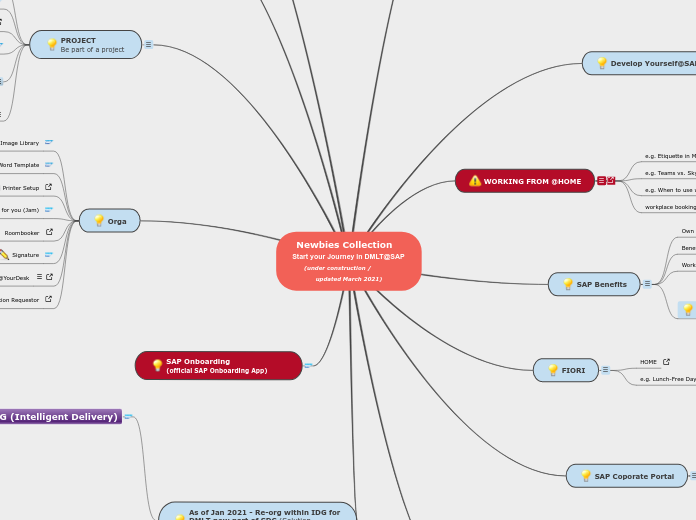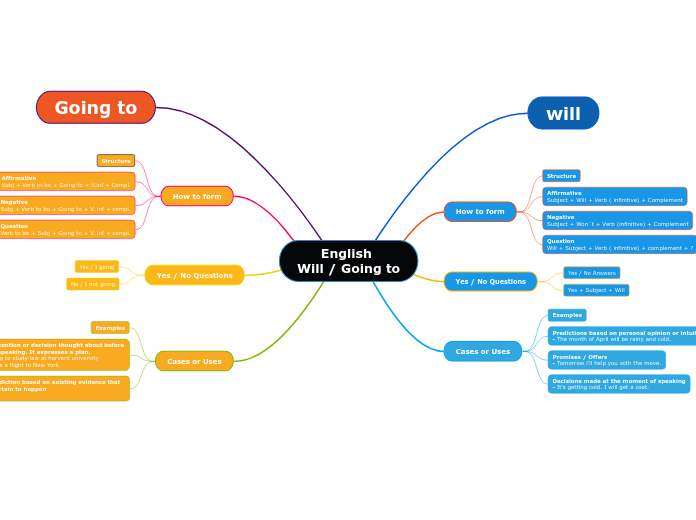arabera Santos Baltazar Roman 6 years ago
339
Santos Baltazar Roman Strengths
Santos Baltazar Roman is well-suited for roles that align with his strengths, emphasizing his drive to excel beyond mere requirements. He thrives in environments where he can manage his workflow and productivity independently, leveraging his understanding of his own peak alertness times for optimal performance.
